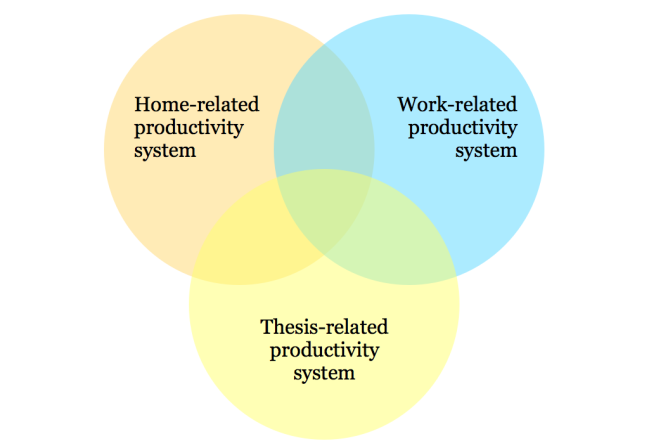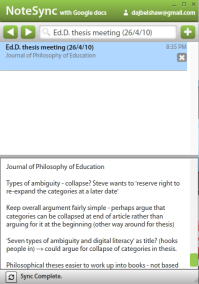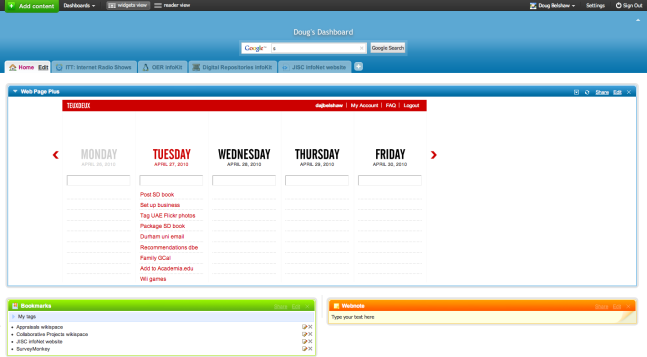Weeknote 30/2020

I’ve written quite a bit this week as part of my #100DaysToOffload challenge:
- The perfect non-technical book on decentralisation?
- Just write.
- Rules to live by
- Liquid society?
- Perfectionism
- Moving on
Over and above what’s detailed in these posts, I’ve been splitting my time between working on projects for We Are Open and Outlandish this week. For the former, my ‘home’ co-op in the CoTech network, I’ve been mainly focusing on work for Catalyst and the Social Mobility Commission. We’re working with Erica Neve and Pedram Parasmand on three contracts, helping charities who are rapidly undergoing digital transformation. We had a really successful retrospective on Friday with UpRising, who we’ve been helping in more depth.
With Outlandish, I’m helping with some productisation of similar projects they’ve worked on for a range of clients. I find this really interesting as it’s simultaneously about meeting user needs and about organisational development. I’m also advising around ways in which they can develop the workshops they offer.
I’m fortunate to work with organisations which are so emotionally intelligent, and which go out of their way to be so. One of the reasons for working with Outlandish is to give them some short-term help with project management while they’re a bit stretched. But another reason is to learn from their processes and procedures; although they’ve only been a co-op for as long as us (four years), they’ve been together and honing things for a decade.
When I was at Jisc, one thing that always impressed me was their internal knowledgebase. They used PBworks for that, while Outlandish uses a WordPress installation with a theme called KnowAll. I’ve been wanting to experiment with wiki.js and so this week Laura Hilliger and I set up an instance at wiki.weareopen.coop and copied over existing pages from our GitHub wiki. I’ve set user permissions so that only logged-in members can edit the wiki, and indeed see any pages that are ‘internal’ only.
We finally got sign-off from Greenpeace for one of the best things I think I’ve written for a while: HOWTO: Create an Architecture of Participation for your Open Source project. As Stephen Downes mentioned when mentioning it in OLDaily it’s perhaps applicable to wider contexts than just open source projects.
Other than that, I’ve just been reviewing a document Laura put together for some work we’re doing with Red Hat, doing a small amount of work for our ongoing work with Greenpeace, and contributing to a ‘playback’ of some recent work we did for Catalyst.
Next week, I’m tying up work for We Are Open on Monday, and for Outlandish on Tuesday, before turning everything off and going on a family holiday for 10 days. As my therapist said in our meeting on Friday, as I’m a bit of a perfectionist, there’s no guarantee that I will actually relax during my holiday just because I’m away from home. So I’m actively trying to cut myself some slack. I deliberately went for a slow run this morning and I even had an afternoon nap yesterday. Small steps.
Header image is a selfie I took on a family walk in the Northumbrian hills last Sunday. Inspired by Low-tech magazine’s solar powered website, I loosely followed this guide to create the ‘stippled’ effect. This reduced the size of an 8.6MB image to a mere 36.6KB.



